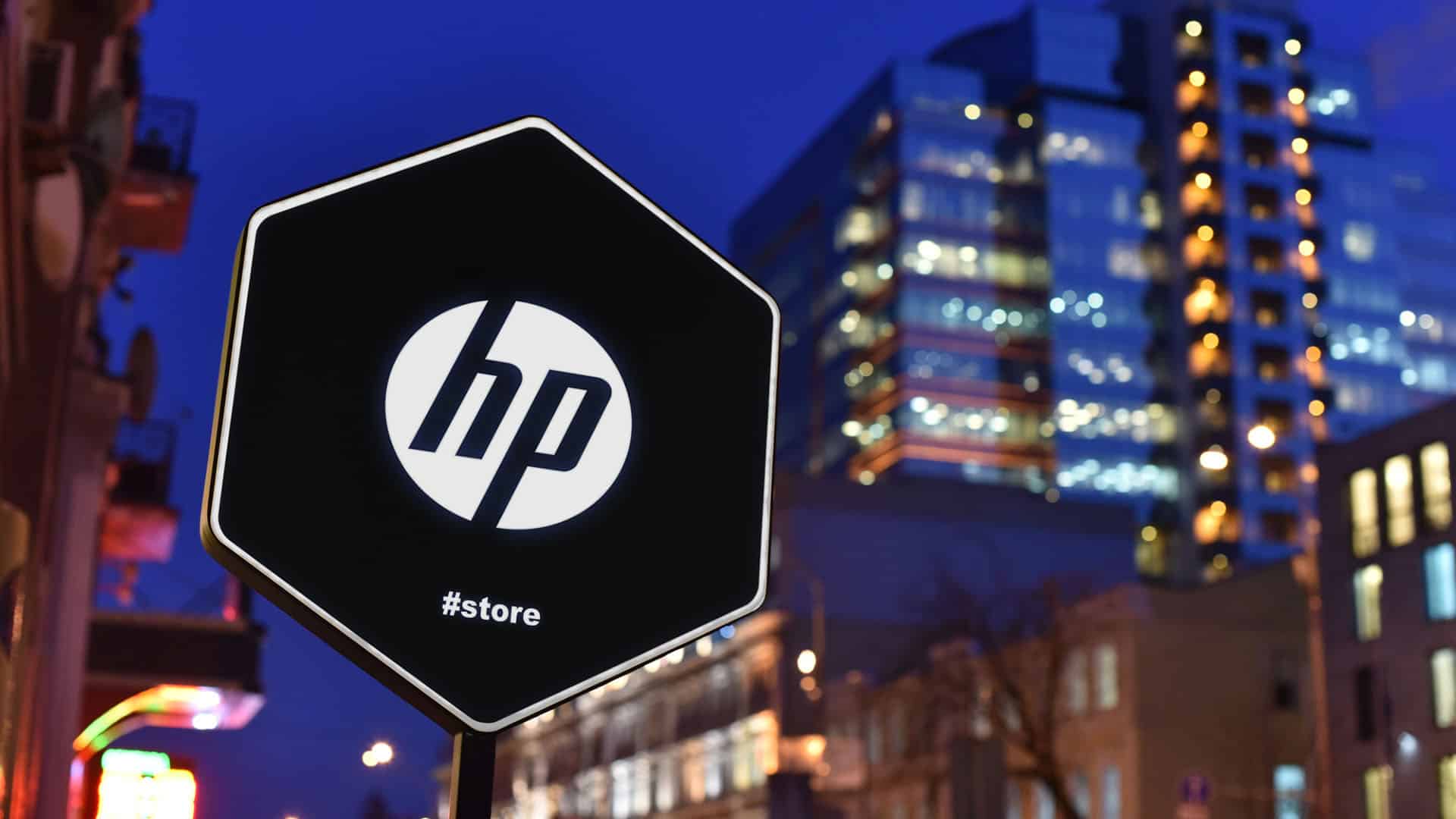My family has started planning summer travel to a destination that we are entirely unfamiliar with. We nailed down what we thought was a perfect hotel, in a perfect location, with an amazingly low rate. But then we plopped that yellow Google man onto the map and realized the views shown on the website in no way were the same dark alley-view we would be getting from the hotel. Picking out a hotel room only to discover the room overlooks a power plant or is situated on a noisy, unappealing street, can be an issue for those that do not have the time or desire to do a bit more research. Ultimately, the outcome can be disappointing. Giving potential guests the opportunity for more information and providing them with an exact view and the ability to engage virtually with the property is a great way to solve this, ensure customer expectations are met, and build brand loyalty.
Radisson Hotel Group recently made announcements highlighting immersive and localized experiences for guests, demonstrating that the company is moving along its digital transformation path. Radisson is using digital replicas of hotels for guests to view the company’s hotels virtually from laptops, mobile phones and virtual reality headsets. This immersive experience combines both the digital and physical worlds, and allows guests to move around and explore different parts of the hotel. It also will allow them to see what the view from the room looks like. Booking is also tied in, allowing guests to book the specific place they see on their screen.
According to Radisson, its inaugural immersive experience piloted in 2020. The company has a Digital Experience Center of Excellence consisting of a multicultural in-house team of digital experts, which led that project. To date, 86 hotels have integrated virtual tours into their hotel web pages, and have delivered a +279% increase in the number of clicks, a +3.85% increase in average time on page, and +20.91% interactions in 2022 versus 2021 when these pages had only static images. Radisson’s aim is to roll out the immersive experience across 100 hotels by the end of 2023.
Radisson pointed out specific benefits to meeting planners, and the company has itself seen strong conversion in its Meetings and Events business since integrating this immersive feature. Meeting planners can explore event venues, meeting rooms and different set ups, and then request a proposal for the specific space they explored.
Raul Alvarez Barrera, Vice President Global Digital Experience, Radisson Hotel Group, says: “In 2020, we decided to shift our business focus from international to domestic and to adapt our digital experience to be more interactive and localized by translating the full booking funnel of our website and app into key strategic languages. The next phase included the roll-out of our Immersive Experiences. Thanks to these virtual and interactive tours, our customers can discover our hotels from anywhere in the world. This technology has been invaluable, especially to our Meetings & Events business, as it allows us to show busy meeting planners the different flexible, and customizable options we offer across our portfolio. Localization and immersive experiences have helped us to strengthen the trust and relationship we have with existing customers and have proven to be great long-term investments, as they have contributed to increased customer satisfaction and higher conversion rates.”
Radisson also highlighted its localization strategy, which focuses on creating online journeys in 29 languages that are tailored for more than 60 regions. Radisson has said it is the first hotel company to offer this broad array of languages on its reservation system, claiming to reach almost 70% of the people on the planet in their native language. The group has a personalization roadmap in place that will allow the company to reach customers using their local companies, societal code, and values, layered on top of translation. Additionally, users see local, relevant content related to destinations and hotels, based on their locations.
Personalization is a critical piece of a traveler’s journey. Consumers want more tailored options, and travel-focused companies can use personalization to deepen and expand purchasing behaviors, increase customer satisfaction and brand loyalty, and provide those moments of delight during a travel experience that a customer may, in turn, share with others.
Travelers have been shown to be open to all types of technologies along their travel journey. It is good to see Radisson address potential areas of uncertainty in the decision process and deepen its commitment to provide a more relevant online journey.
Author Information
As a detail-oriented researcher, Sherril is expert at discovering, gathering and compiling industry and market data to create clear, actionable market and competitive intelligence. With deep experience in market analysis and segmentation she is a consummate collaborator with strong communication skills adept at supporting and forming relationships with cross-functional teams in all levels of organizations.
Sherril holds a Master of Business Administration in Marketing from University of Colorado, Boulder and a Bachelor of Arts in Psychology from Rutgers University.








